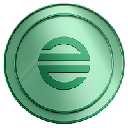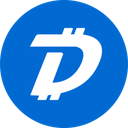-
 Bitcoin
Bitcoin $82,594.5712
0.40% -
 Ethereum
Ethereum $1,784.9704
0.39% -
 Tether USDt
Tether USDt $0.9995
-0.02% -
 XRP
XRP $2.1068
5.25% -
 BNB
BNB $591.1127
1.16% -
 USDC
USDC $1.0000
0.00% -
 Solana
Solana $117.0477
2.61% -
 Dogecoin
Dogecoin $0.1668
5.44% -
 TRON
TRON $0.2407
2.95% -
 Cardano
Cardano $0.6468
3.65% -
 UNUS SED LEO
UNUS SED LEO $9.4017
0.10% -
 Toncoin
Toncoin $3.3780
-5.26% -
 Chainlink
Chainlink $12.5724
0.81% -
 Stellar
Stellar $0.2583
1.78% -
 Avalanche
Avalanche $17.9801
-0.59% -
 Sui
Sui $2.2157
-1.98% -
 Shiba Inu
Shiba Inu $0.0...01219
0.52% -
 Hedera
Hedera $0.1625
3.95% -
 Polkadot
Polkadot $4.0562
3.40% -
 Litecoin
Litecoin $83.3634
1.79% -
 MANTRA
MANTRA $6.3429
1.06% -
 Bitcoin Cash
Bitcoin Cash $299.8989
1.04% -
 Bitget Token
Bitget Token $4.5113
0.27% -
 Dai
Dai $0.9999
0.00% -
 Ethena USDe
Ethena USDe $0.9994
-0.03% -
 Monero
Monero $215.9415
1.63% -
 Hyperliquid
Hyperliquid $11.5893
2.64% -
 Uniswap
Uniswap $5.8018
0.96% -
 Pi
Pi $0.5222
-7.36% -
 Pepe
Pepe $0.0...07044
7.37%
How to sell coins in a web3 wallet
To sell coins in a Web3 wallet, connect to a DEX, select the coin to sell, enter the amount, review and approve the transaction, and wait for confirmation.
Oct 19, 2024 at 04:48 pm

How to Sell Coins in a Web3 Wallet
Web3 wallets, such as MetaMask and Coinbase Wallet, allow users to store, manage, and interact with cryptocurrencies and decentralized applications (dApps) on various blockchains. These wallets provide a secure and convenient way to access and transact digital assets. Selling coins in a Web3 wallet is a relatively straightforward process that can be completed in a few simple steps.
1. Connect to a Decentralized Exchange (DEX)
The first step is to connect your Web3 wallet to a DEX. DEXs are platforms that facilitate peer-to-peer cryptocurrency trading without the need for an intermediary. Some popular DEXs include Uniswap, PancakeSwap, and SushiSwap.
Connect your Web3 wallet to the DEX by clicking on the "Connect Wallet" button on the DEX's website. You will be prompted to confirm the connection by entering your wallet password.
2. Select the Coin You Want to Sell
Once you have connected your wallet, you need to select the coin you want to sell. DEXs typically offer a wide range of cryptocurrencies, including popular coins like Bitcoin (BTC), Ethereum (ETH), and Litecoin (LTC), as well as smaller altcoins.
Locate the coin you want to sell and click on it. This will open up a trading window, which will display the current price of the coin and other relevant information.
3. Enter the Amount You Want to Sell
In the trading window, you need to specify the amount of the coin you want to sell. You can enter the amount manually or use the +/- buttons to adjust the value.
Confirm the amount you want to sell by clicking on the "Sell" button.
4. Review and Approve the Transaction
Before the transaction can be executed, you will be prompted to review and approve it. This step is important to ensure that you are aware of any transaction fees and that you understand the terms of the trade.
Review the transaction details and make sure that you are satisfied with them. Click on the "Confirm" button to execute the transaction.
5. Wait for the Transaction to Confirm
Once you have approved the transaction, it will be broadcast to the blockchain network and begin the confirmation process. This process can take a few minutes or longer, depending on the blockchain and network congestion.
You can check the status of the transaction in your wallet or on a block explorer website. Once the transaction is confirmed, the coins you sold will be deposited into your designated wallet address.
Additional Tips:
- Choose a DEX with low trading fees: Some DEXs charge higher fees than others. It is important to compare fees before choosing a DEX to ensure that you are getting the best deal.
- Consider the liquidity of the coin you want to sell: Liquidity refers to the ease with which you can buy or sell a coin. Coins with high liquidity are easier to trade and will have less of an impact on the market price.
- Monitor the price of the coin: Cryptocurrency prices are constantly fluctuating. It is important to keep an eye on the price of the coin you want to sell before you make a trade. This will help you determine the best time to sell and maximize your profits.
Disclaimer:info@kdj.com
The information provided is not trading advice. kdj.com does not assume any responsibility for any investments made based on the information provided in this article. Cryptocurrencies are highly volatile and it is highly recommended that you invest with caution after thorough research!
If you believe that the content used on this website infringes your copyright, please contact us immediately (info@kdj.com) and we will delete it promptly.
- Bitlayer Bitcoin Lending: Understanding the Benefits
- 2025-04-04 23:00:12
- Bitcoin (BTC) Might Still Be in an Acceleration Phase, and at the end of this phase experience “a sharp and dramatic rally”
- 2025-04-04 23:00:12
- Solana (SOL) and Binance Coin (BNB) Market Trends and the Rising Star Coldware (COLD)
- 2025-04-04 22:55:12
- Rep. Keith Ammon Is Trying to Make New Hampshire the First State to Invest in Bitcoin
- 2025-04-04 22:55:12
- PsyFi’s Closure Could Upset the Solana Ecosystem
- 2025-04-04 22:50:11
- As of April 1, 2025, Ethereum (ETH) Finds Itself at a Crossroads
- 2025-04-04 22:50:11
Related knowledge
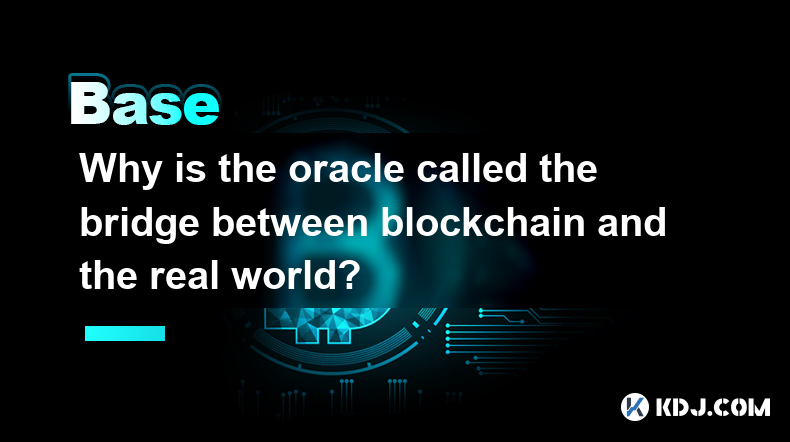
Why is the oracle called the bridge between blockchain and the real world?
Apr 04,2025 at 04:00am
The concept of an oracle in the cryptocurrency and blockchain world is crucial for understanding how these decentralized systems interact with external data. The oracle is often referred to as the bridge between blockchain and the real world because it serves as a vital intermediary that fetches, verifies, and transmits off-chain data to the on-chain en...
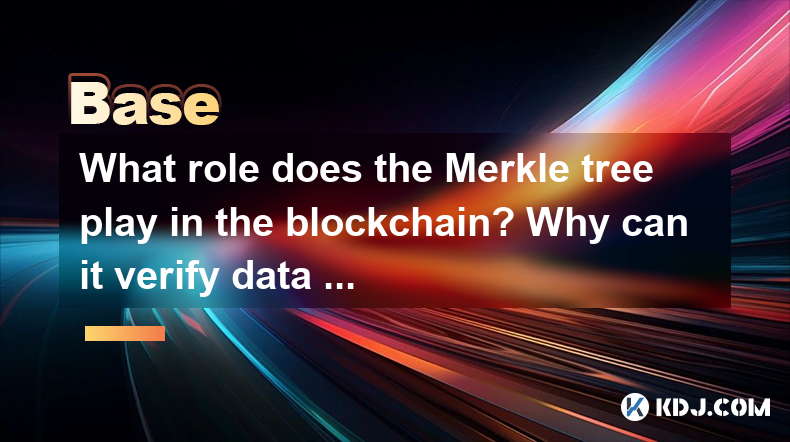
What role does the Merkle tree play in the blockchain? Why can it verify data integrity?
Apr 04,2025 at 01:29pm
The Merkle tree plays a crucial role in the blockchain, primarily due to its ability to efficiently and securely verify data integrity. This article will delve into the structure of a Merkle tree, its implementation in blockchain, and how it ensures the integrity of data. Understanding the Structure of a Merkle TreeA Merkle tree, also known as a hash tr...
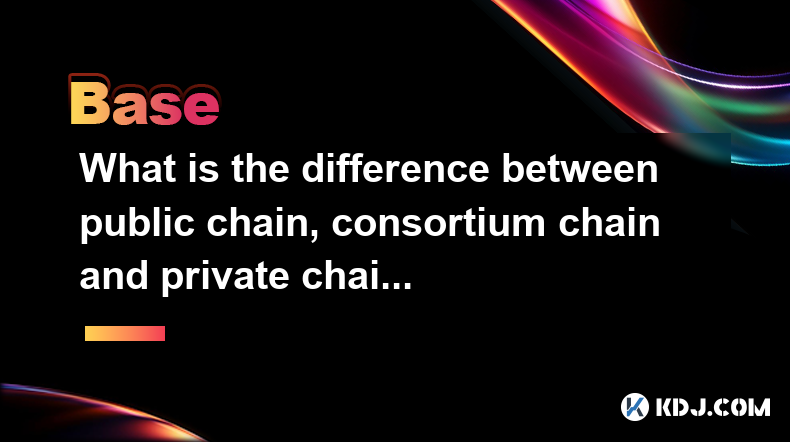
What is the difference between public chain, consortium chain and private chain? What scenarios are suitable for each?
Apr 04,2025 at 09:21pm
In the world of blockchain technology, understanding the differences between public chains, consortium chains, and private chains is crucial for selecting the right type of blockchain for specific applications. Each type of blockchain has its own unique characteristics and use cases, which we will explore in detail. Understanding Public ChainsPublic cha...
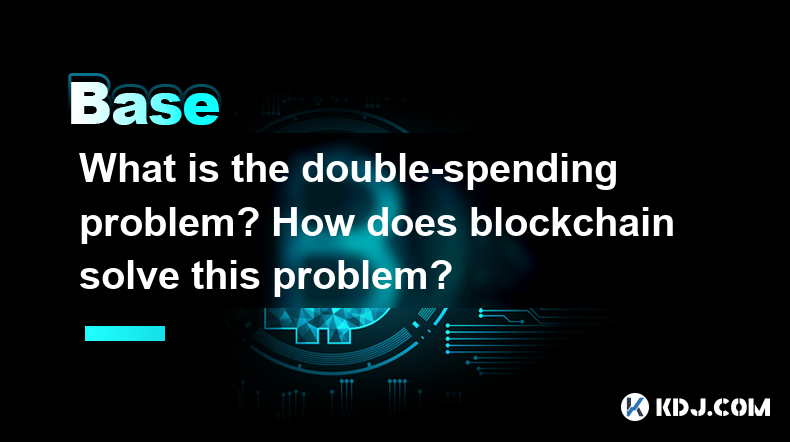
What is the double-spending problem? How does blockchain solve this problem?
Apr 04,2025 at 09:07am
The double-spending problem is a significant challenge in the realm of digital currencies. Double-spending refers to the potential for a digital currency to be spent more than once. This issue arises because digital files, unlike physical cash, can be easily duplicated. If not addressed, double-spending could undermine the integrity and trust in any dig...
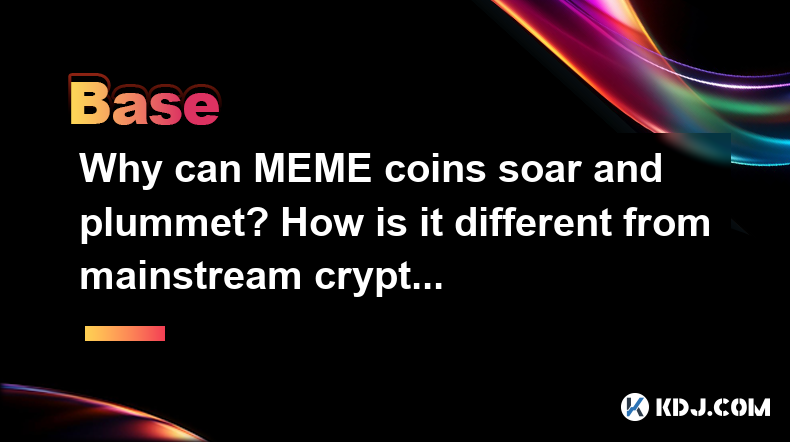
Why can MEME coins soar and plummet? How is it different from mainstream cryptocurrencies?
Apr 04,2025 at 03:07pm
The world of cryptocurrencies is vast and diverse, with a wide range of digital assets that cater to different needs and interests. Among these, MEME coins have carved out a unique niche, often experiencing dramatic price fluctuations that can both soar and plummet in a short period. This phenomenon, while intriguing, differs significantly from the beha...
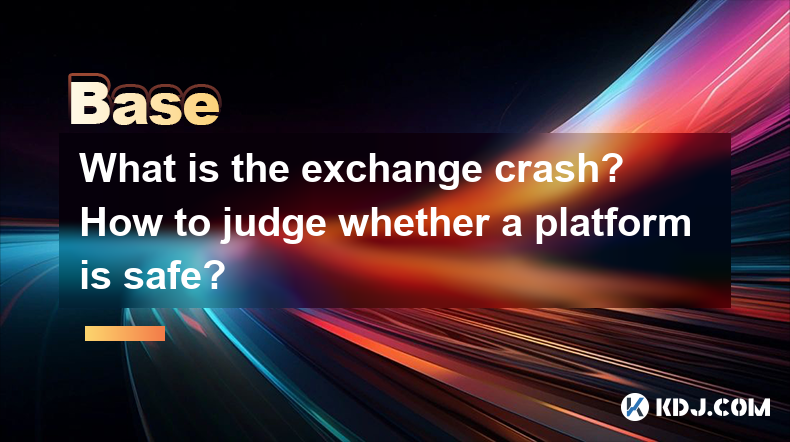
What is the exchange crash? How to judge whether a platform is safe?
Apr 04,2025 at 05:07pm
An exchange crash refers to a sudden and severe disruption in the operations of a cryptocurrency exchange platform, leading to significant financial losses for users and often resulting in the platform's inability to continue functioning. Such crashes can stem from various causes, including cybersecurity breaches, technical failures, or insolvency. Unde...

Why is the oracle called the bridge between blockchain and the real world?
Apr 04,2025 at 04:00am
The concept of an oracle in the cryptocurrency and blockchain world is crucial for understanding how these decentralized systems interact with external data. The oracle is often referred to as the bridge between blockchain and the real world because it serves as a vital intermediary that fetches, verifies, and transmits off-chain data to the on-chain en...

What role does the Merkle tree play in the blockchain? Why can it verify data integrity?
Apr 04,2025 at 01:29pm
The Merkle tree plays a crucial role in the blockchain, primarily due to its ability to efficiently and securely verify data integrity. This article will delve into the structure of a Merkle tree, its implementation in blockchain, and how it ensures the integrity of data. Understanding the Structure of a Merkle TreeA Merkle tree, also known as a hash tr...

What is the difference between public chain, consortium chain and private chain? What scenarios are suitable for each?
Apr 04,2025 at 09:21pm
In the world of blockchain technology, understanding the differences between public chains, consortium chains, and private chains is crucial for selecting the right type of blockchain for specific applications. Each type of blockchain has its own unique characteristics and use cases, which we will explore in detail. Understanding Public ChainsPublic cha...

What is the double-spending problem? How does blockchain solve this problem?
Apr 04,2025 at 09:07am
The double-spending problem is a significant challenge in the realm of digital currencies. Double-spending refers to the potential for a digital currency to be spent more than once. This issue arises because digital files, unlike physical cash, can be easily duplicated. If not addressed, double-spending could undermine the integrity and trust in any dig...

Why can MEME coins soar and plummet? How is it different from mainstream cryptocurrencies?
Apr 04,2025 at 03:07pm
The world of cryptocurrencies is vast and diverse, with a wide range of digital assets that cater to different needs and interests. Among these, MEME coins have carved out a unique niche, often experiencing dramatic price fluctuations that can both soar and plummet in a short period. This phenomenon, while intriguing, differs significantly from the beha...

What is the exchange crash? How to judge whether a platform is safe?
Apr 04,2025 at 05:07pm
An exchange crash refers to a sudden and severe disruption in the operations of a cryptocurrency exchange platform, leading to significant financial losses for users and often resulting in the platform's inability to continue functioning. Such crashes can stem from various causes, including cybersecurity breaches, technical failures, or insolvency. Unde...
See all articles














































































